Sodium Gluconate Cas 527-07-1
Chemical Name: Sodium Gluconate
CAS No.: 527-07-1
Molecular Formula: C6H13NaO7
Molecular Weight: 220.15
发送询盘
Description
Sodium Gluconate Details
Chemical Name: Sodium Gluconate
Synonyms: D-Gluconic acid, monosodium salt; Gluconic acid sodium salt
CAS No.: 527-07-1
Molecular Formula: C6H13NaO7
Molecular Weight: 220.15
Molecular?Structure:
Appearance: white crystal
Sodium Gluconate Typical Properties
Melting point
170-175 ??C
Specific rotation
[??]D20 +11??+13?? (c=10, H2O)
Appearance
White to light beige?Crystalline Powder
Solubility
H2O: 0.1?g/mL, clear
PH
7.0-8.0 (100g/l, H2O, 20??)
Sodium Gluconate Usage
1. Sodium gluconate can be used as an efficient chelating agent in construction, textile printing and dyeing, metal surface treatment and water treatment industries, steel surface cleaning agent, glass bottle cleaning agent, electroplating industrial aluminum oxygen coloring, and in the concrete industry as an efficient retarder, high efficiency Water reducing agent, etc.
2. Food Industry
It can replace table salt and is widely used in salt-free soy sauce, bread and other food fields;
It can Improve food flavor: Sodium gluconate has the functions of masking the bitter taste of food, shielding odor, improving taste, etc., and has a significant effect on improving the flavor of food.
Sodium Gluconate Packaging and Shipping
Packing: 25KG/Drum
Sodium Gluconate Storage
Keep container tightly closed in a dry and well-ventilated place. Store in cool place.
| 5 |
|
0 |
| 4 |
|
0 |
| 3 |
|
0 |
| 2 |
|
0 |
| 1 |
|
0 |
- 2
- 2-diallylpent-4-en-1-amine
- 4
- 95-16-9
- Ammonium sulfamate
- Benzothiazole
- cas:67889-00-3ح2
- cas:83524-75-8 | pigment black 32
- cas:928836-00-4 | 2
- cas:932745-70-5 | 4
- Chemical Minerals
- Coconut diethanolamide
- Daily Chemicals
- discount
- for sale
- General pvc resin
- hexyl D-glucoside
- in stock
- Lauramidopropyl betaine
- LAURIC ACID MONOETHANOLAMIDE
- Petroleum Additives
- Plasticiser
- Ploymers
- price
- PVC
- quotation
- Raw Materal
- Remove term: Petroleum Additives Petroleum Additive
- SODIUM ETHYL 2-SULFOLAURATE
Related Products
Chemical Name: Dehydrocholic acid
Synonyms: Acide dehydrocholique; Triketocholanic acid
CAS No.: 81-23-2
Molecular Formula: C24H34O5
Molecular Weight: 402.53
Appearance: Powder
Chemical Name: Disodium Hydrogen Citrate Sesquihydrate
Cas No.: 6132-05-4
Appearance:?White Powder
Assay??99%
Chemical Name: Ashwagandha Extract
Synonyms: Withania somnifera, ext.; Withania Somnefera Extract
CAS: 90147-43-6
Appearance: Brown
Chemical Name: COPPER (II) GLUCONATE, MIN. 98
CAS No.: 13005-35-1
Molecular Fomula: C12H22CuO14
Molecular weight: 453.84068
Chemical Name: Polyglycerol Fatty Acid Ester
Synonyms: Decaglyceryl Dipalmitate
CAS No.: 67784-82-1
Molecular Fomula: C3H8O3
Molecular weight:432.642
Appearance:?White to yellow powder, solid, mucus
Assay: 99.9%
Chemical Name: Zinc citrate
Synonyms: Zinc citrate trihydrate
CAS No.: 546-46-3
Molecular Formula: C6H8O7Zn
Molecular Weight: 257.5
Appearance: White powder
Chemical Name: Hydroxypropyl starch
Synonyms: Starch 2-hydroxypropyl ether; Hydroxypropyl starch ether; 2-Hydroxypropyl starch
Cas No.: 9049-76-7
Molecular Fomula: C24H42O21
Molecular Weight: 666.57768
Appearance:?White Powder
Product name:HYDROXYPROPYL GUAR HYDROXYPROPYLTRIMONIUM CHLORIDE
Purity:99%
Appearance:Light Yellow Powder
Package:Customized according to customer needs.
Sample:Available
Hydrogenated lecithin is light yellow or milky white powder. Due to the use of catalysis and hydrogenation processes, the unsaturated chains of unsaturated fatty acids in the molecular structure of soybean lecithin disappear, thereby greatly improving the chemical stability, dispersibility, and emulsification of lecithin. It has decolorization and deodorization effects, which is more conducive to storage and preservation, and improves its role in medicine, high-end cosmetics, and light industry. It is especially suitable for intravenous fat emulsifiers and nutrients. It is used as a blood lipid emulsifier to prevent arteriosclerosis, and has the advantages of being easy to digest, easy to absorb, and almost not remaining in the internal organs.
Common English name: 5-iodo-2,3-dihydropyridazin-3-one
CAS No.: 825633-94-1
Molecular formula: C4H3IN2O
Molecular weight: 221.98
Sample: Available
Chemical Name: UV-120
Other Name: (2’,4’-Di-tert-butylphenyl 3,5-di-tert-butyl-4-hydroxybenzoate)
CAS No.: 4221-80-1
Molecular Fomula: C29H42O3
Molecular weight: 438.66
Assay: ≥99%(LC)
Citric acid is a white, crystalline, weak organic acid present in most plants and many animals as an intermediate in cellular respiration. Citric acid contains three carboxyl groups making it a carboxylic, more specifically a tricarboxylic, acid.the name citrus originates from the Greek kedromelon meaning apple of melon for the fruit citron. Greek works mention kitron, kitrion, or kitreos for citron fruit, which is an oblong fruit several inches long from the scrublike tree Citrus medica. Lemons and limes have high citric acid content, which may account for up to 8% of the fruit’s dry weight.

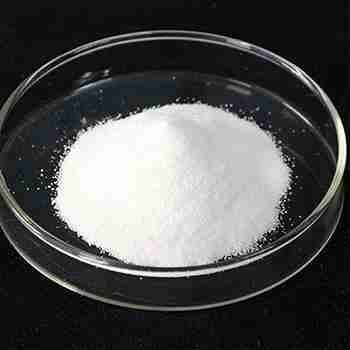


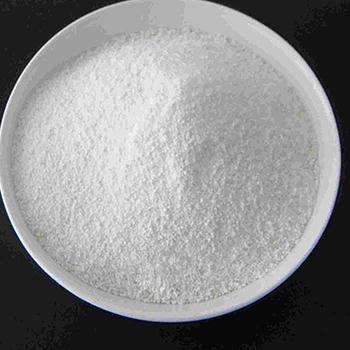
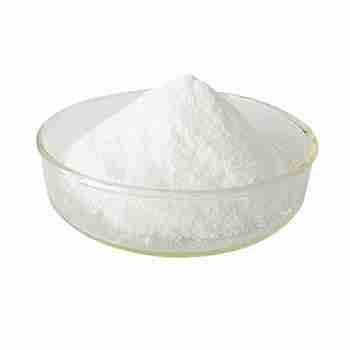
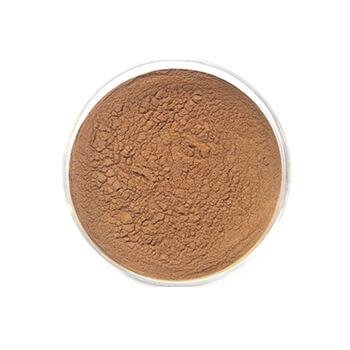
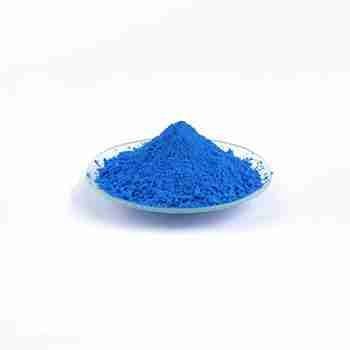
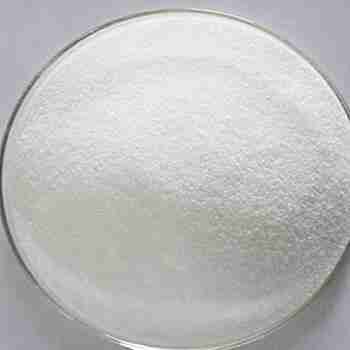
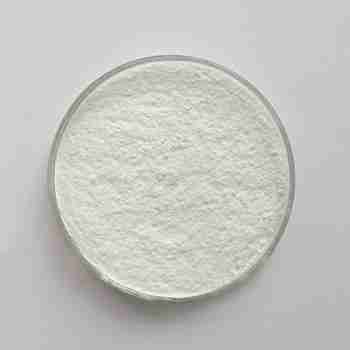
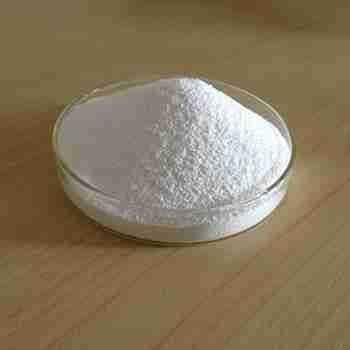
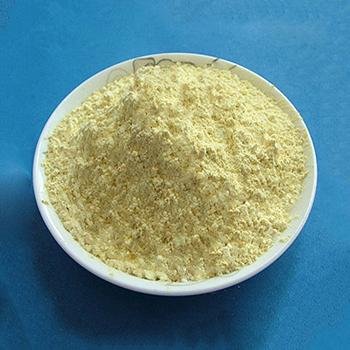
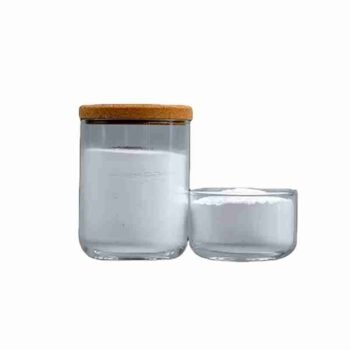
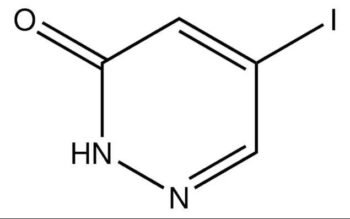
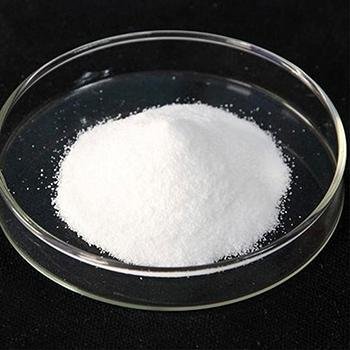
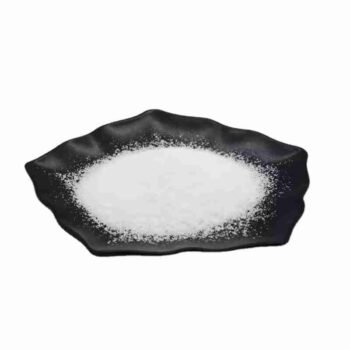
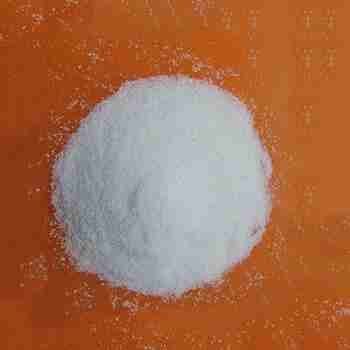
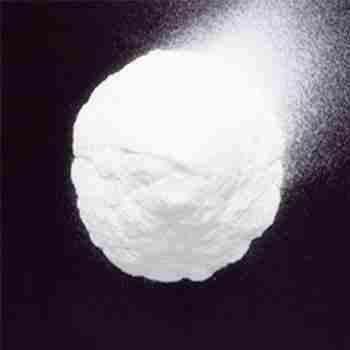
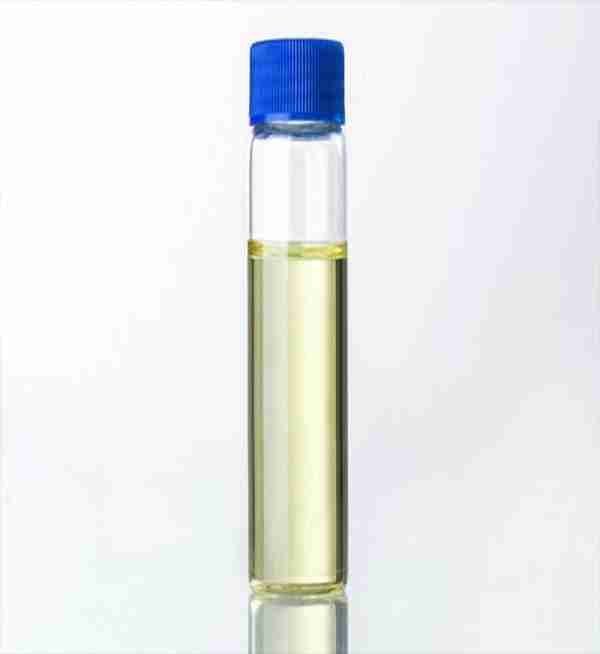
Reviews
There are no reviews yet.